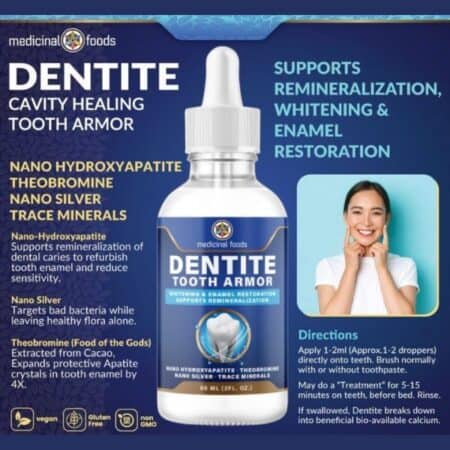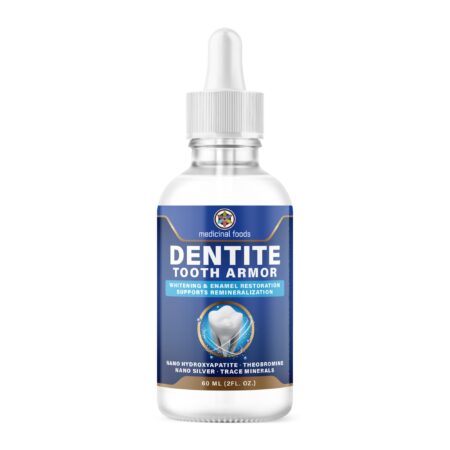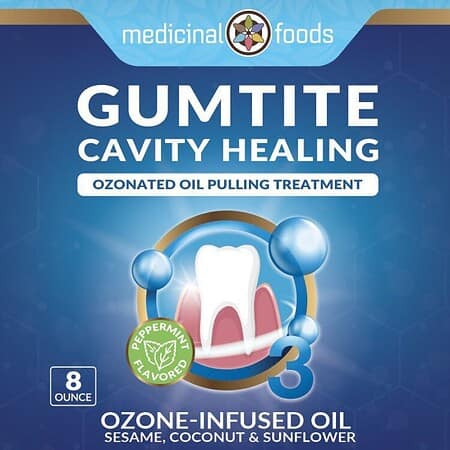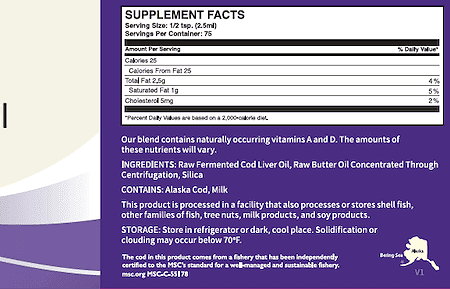Probiotics supplements are living microbial ingredients of food, which when taken into the body in sufficient quantities, have a positive effect on health.
They have the effect of a natural antibiotic, and for this reason, they are very important.
They prevent the growth and development of various bacteria (Escherichia coli, Salmonella, Shigellae), and are particularly effective against the fungus Candida albicans.
There are many things that make them a great choice and useful at the same time because they:
- improve our digestion,
- give us cleaner skin,
- give us more energy and
- strengthen our immune system.
We can take them through healthy foods, but also through health supplements. Read below to find out which food contains probiotics and which supplements are great for our health.
Kombucha
It is spread all over the world and its medicinal properties are widely known, so it is also called Indian, Chinese, Japanese and Russian mushrooms. It is full of good bacteria and B complex vitamins.
Kombucha is an old natural remedy, which is obtained by fermenting the Kombucha mushroom in tea.
In China, it has been used for 2200 years as a strong elixir, and in fact, it is a symbiosis of bacteria and yeast, which lives on the surface of sweetened tea, and which after fermentation we use as a tea beverage.
Yoghurt
Yoghurt is the most well-known source of probiotics, "good" bacteria such as lactobacillus or bifidobacteria that maintain a healthy balance of bacteria.
Research suggests that probiotics may alleviate lactose intolerance. They can also help reduce gas, diarrhoea and other digestive problems.
Apple cider vinegar
Apple cider vinegar is good for our body, and it has been proven to be an excellent probiotic. Just pay attention to the amount that is ingested.
It should not be exaggerated, of course, but it is best to combine it with other salad-type foods.
Sauerkraut
It strengthens immunity, improves digestion and reduces stress.
Low-calorie and super-nutritious vegetables are a unique combination of vitamins A, B, C, E and K, minerals (manganese, selenium, calcium, potassium, magnesium), omega-3 fatty acids and medicinal sulfur substances (the most famous is sulforaphane) that protect against cancer.
Pickles
Another fermented food that contains probiotics and for some is even tastier than sauerkraut. You can eat them every day, just watch out for the high levels of sodium they possess.
Miso soup
A soy-based product rich in probiotics that you should introduce into your diet at least once a week. The Japanese claim that it rejuvenates and keeps your skin healthy, regulates blood pressure and is a rich source of vitamins and minerals.
Kefir
If you are a big fan of yoghurt and want a change, choose kefir. It is also great for adding more protein to your morning smoothie. Kefir is often called Tibetan mushroom or kefir mushroom, but kefir grains are not mushrooms.
They look like boiled cauliflower, and their composition contains proteins, amino acids, lipids and soluble polysaccharides. In addition, they contain a symbiosis between a large number of good, lactic acid bacteria, acetic bacteria and yeast.
Tempeh
Originally from Indonesia, Tempeh is a fermented soy product. It is prepared from cooked and peeled soybeans and fermentation agents.
Due to the action of enzymes secreted during its preparation, tempeh is extremely easy to digest and is an easily available source of quality plant proteins and fats.
You can buy it in health food stores and combine it with other foods as a healthy probiotic meal.
Soft cheese
Although they are potentially good for digestion, not all probiotics can survive the journey through the gastrointestinal tract.
But research shows that lactobacillus in some fermented soft cheeses, such as gouda, is durable enough to survive. In addition, cheese can be a carrier for probiotics that strengthen the immune system.
What are probiotic supplements?
Probiotic supplements are also available as a dietary supplement in capsules, tablets, powder or liquid form. If you are acutely ill or have weak immunity, be careful with taking probiotics.
What is important to emphasize is that lactic acid bacteria are protected from stomach and bile acids.
Probiotics often try to mimic or copy natural beneficial bacteria. Although probiotics have many different types or strains of bacteria, the two most common strains of bacteria found in probiotics include Lactobacillus and Bifidobacterium.
Probiotic products include dietary supplements or foods with natural probiotics (such as fermented foods such as kimchi and sauerkraut) or added probiotics. As tablets or capsules, probiotics can be purchased without a prescription or with a prescription.
Probiotics should not be confused with prebiotics, which is a type of dietary fibre that feeds bacteria.
It is difficult to say which is the best probiotic because the effects of probiotics are different for each person. Everyone has their unique intestinal flora, so the probiotic that suits you best depends on the microbiome. There are up to 500 types of bacteria found in our colon.
For those seeking to treat irritable bowel syndrome and acute dermatitis, the most commonly used probiotic strains typically include Lactobacillus sp., Bifidobacterium sp., Streptococcus thermophilus, and Saccharomyces boulardii.
Overall, the most popular and best-researched strains of probiotics include Bifidobacterium, Lactobacillus and Saccharomyces. What is highly recommended to know is that most probiotic products and supplements contain several strains of live bacteria.
Although probiotic supplements and probiotic food have been found to have health benefits, probiotic food have been found to have more effective probiotic carriers. Overall, more research and clinical trials are needed to determine which strains are most effective and for what.
Probiotic supplement benefits
Supplements can be divided into two broad categories:
Products for serious athletes and fitness enthusiasts that give remarkable results in muscle development, strength and performance (this includes creatine, whey protein, pre-workout, testosterone boosters and fat burners).
In general, "wellness" products do not necessarily lead to noticeable changes in body structure but promote overall health, meaning vitamins and minerals (including multivitamins), collagen supplements and "green" supplements.
Probiotics usually fall into this second category, but probiotics are not so explicit. Here we can also have a "crossover" supplement: one that provides benefits that improve health, but also performance or appearance.
Probiotic supplements can be used to improve the health of the intestinal microbiota, but diet also helps keep the microbiota healthy. Adequate intake of fibre and protein and food with natural probiotics can be of great help.
Examples of probiotic foods include kimchi, kombucha, kefir, yoghurt, and sauerkraut. Any probiotic that contains Lactobacillus or Bifidobacterium is great to start with if you are not quite sure what your needs are.
Different probiotic strains have different documented benefitsactobacillus gasseri, for example, may help you lose abdominal fat, especially visceral fat (fat that surrounds your organs).
Although the order in which probiotics are taken is typically unimportant but taking them on an empty stomach can increase the chance of more probiotic bacteria reaching the lower intestine.
However, there is one exception to this and that is when it is taken with amino acid and protein supplements, Lactobacillus paracasei has been proven to improve amino acid absorption.
Thanks to immunity and proper intestinal flora, we are more resistant to inflammation and dangerous pathogens. The more resistant you are to inflammation and disease, the more and better you can train.
You may have noticed that persistent athletes are more likely to get sick than ordinary people. It is about the fact that many athletes cross the line between improving health and getting injured. The body’s immune system is responsible for its resistance, mainly proteins called interferons.
It is a type of protein that is released in the presence of parasites, bacteria, viruses and tumour cells. Studies have shown that the supplementation of beneficial bacteria has a positive effect on tired athletes, shown by the growth of interferon by lowering the disease.
Do probiotic supplements work?
The FDA does not required to oversee health claims since probiotics are normally offered as supplements rather than medications. However, studies demonstrate that taking probiotics on a daily basis is safe.
Although probiotic usage is normally linked with few side effects, some people may suffer bloating, gas, or changes in bowel movements when they first begin taking them. This normally passes with time.
For optimum efficacy, it’s also critical to acquire the correct dose of probiotics. Probiotic dosage is measured in colony-forming units, or CFU. Children should take 5-10 billion CFU per day, while adults should take 10-20 billion CFU per day.
In the beginning when you start taking probiotics, it is possible that you will develop stool for the first few days. Since probiotics are live bacteria, it is important to check the date of sale on the supplement.
Probiotics are usually considered to be safe, although they are not advised if you have a weakened immune system as a result of certain illnesses, such as autoimmune diseases.
Before you decide on probiotic supplementation, consult your doctor or nutritionist to help you choose which product would be best for you and whether it is recommended to use them in your case at all.


























